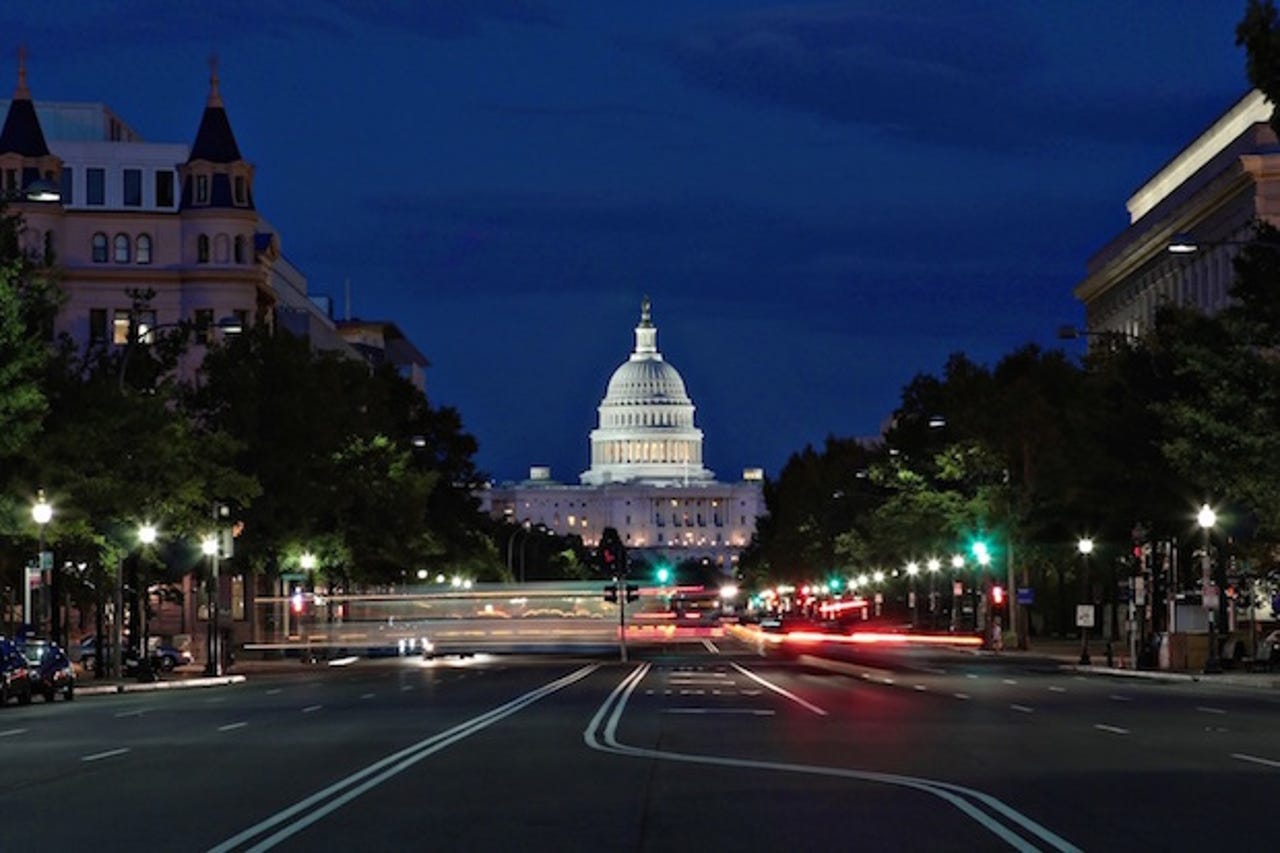Freedom Act to curb NSA surveillance dies in US Senate



More than a year and a half since the Edward Snowden revelations were first published, a Bill set to reform the National Security Agency (NSA) and the US surveillance state failed a crucial vote in the Senate.
Most Democrats and four Republican senators voted for the Bill, but it ultimately fell two votes short of the 60 votes required. Amongst those who voted against the Bill, Rand Paul outlined last week that he would vote against the Bill because it contained an extension of the Patriot Act.
The vote comes more than a year after the US government's National Security Agency was found to have collected billions of phone records, snooped on world leaders, and forced technology companies to hand over data it stored on its customers — all in the name of national security.
Earlier this year, the US House of Representatives passed what privacy advocates and civil liberties groups widely considered to be a watered-down piece of legislation, following bipartisan efforts to pass the Bill.
The Electronic Frontier Foundation (EFF) and the American Civil Liberties Union (ACLU) withdrew their support for the Bill after key elements were taken out and broadened, with one legal commentator calling the Bill "broad and vague".
The Bill may have prevented bulk data collection and other key privacy provisions, but it took a public relations hit in the days prior to and after the vote.
Amnesty International, which also withdrew its support hours before the Bill was debated on the House floor, said that "significant further reform" is necessary in the Senate.
The last few months have been quiet in terms of the Bill's progress, until last week, when Senator Harry Reid (D-NV) filed a cloture to end the debate and have the Bill voted on in the Senate.
The Senate version of the Bill is far stronger than the House-passed version. Although citizens would be afforded greater protections by shutting down bulk data-collection programs, it would also give companies greater freedom to publish the number of secret government data demands.
Tuesday's vote garnered a great deal more support from the wider industry and civil liberties groups alike.
Apple, Dropbox, Microsoft, Facebook, and other major Silicon Valley technology companies backed the Senate's version of the Freedom Act, and urged members of the chamber to pass the legislation in its current form.
One leading consumer technology industry group said earlier that the impact on Silicon Valley companies, drawn through the mud in the wake of the PRISM disclosures, had been significant.
The initial claims purported that US companies were handing over customer data back to the US government for intelligence purposes. But those claims were not entirely accurate. It nevertheless hit the industry hard, according to Gary Shapiro, the chief executive of the Consumer Electronics Association.
Shapiro said in a letter to new Senate majority leader Mitch McConnell (R-KY) that American technology companies have been "hurt" by the reaction to the Edward Snowden disclosures. He said in the letter that many companies have "lost business" or "lost contracts with foreign governments worth millions of dollars".